Cash may not be counted out just yet as government launches plans to protect it in the UK.
Despite the use of cash is declining, the government has advised that it remains crucial for groups across the UK - including the elderly and vulnerable, and that many find that cash is more accessible than digital payments methods or that it helps them to budget and manage their finances.
To help maintain its presence in the UK, the government set out a series of proposals to protect cash and is seeking industry views on the issue.
Announcing the proposals, Economic Secretary to the Treasury John Glen said: “We know that cash is still really important for consumers and businesses – that’s why we promised to legislate to protect access for everyone who needs it.
“We want to harness the same creative thinking that has driven innovation in digital payments to maintain the UK’s cash system and make sure people can easily access cash in their local area.”
Under the government proposals, cashback without a purchase could be widely available from retailers of all sizes in local communities across the UK. This was met with a cautious welcome from the Association of Convenience Stores (ACS).
ACS chief executive James Lowman said: “We welcome the government’s focus on securing access to cash for the long term, as cash remains an essential and widely used method of payment for millions of people. Providing cashback without a purchase might work for some retailers, but may not be viable for everyone and cannot be seen as a replacement for the UK’s ATM network. We are watching with interest trials of new approaches to offering cashback.”
Figures from the 2020 ACS Local Shop Report show that more than two thirds of convenience stores (68%) already offer cashback to customers, with around half (49%) providing a free to use cash machine.
According to government figures, consumers received £3.8bn of cashback in 2019 when paying for items at a till – making it the second most used method for withdrawing cash in the UK behind ATMs.
Current EU law makes it difficult for businesses to offer cashback when people are not paying for goods and this has been a barrier to widespread adoption. The government is now considering scrapping these rules once the Brexit transition period ends on 31 December 2020.
The call for evidence will close on 25 November 2020 and will seek views on how to ensure industry continues to offer ways to withdraw and deposit cash, how to improve cashback, what affects cash acceptance, and where regulatory responsibility should sit.






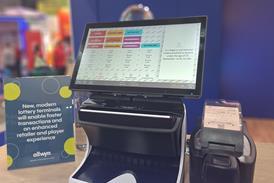

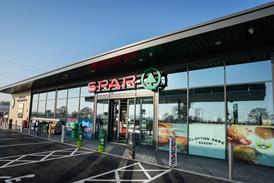


![WG-4003[58]](https://d2dyh47stel7w4.cloudfront.net/Pictures/274x183/4/5/1/353451_wg400358_6083.jpg)




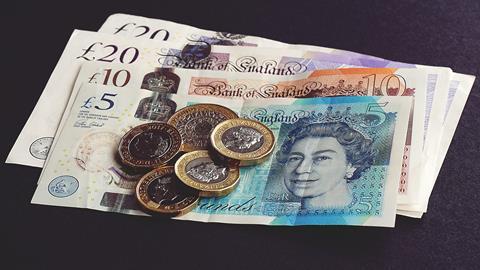


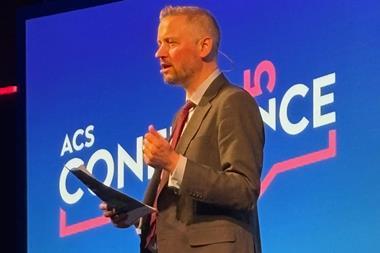


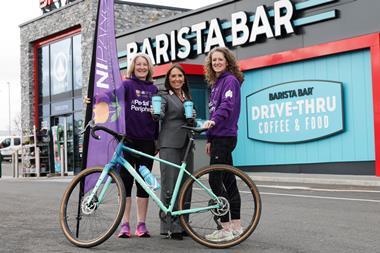
No comments yet